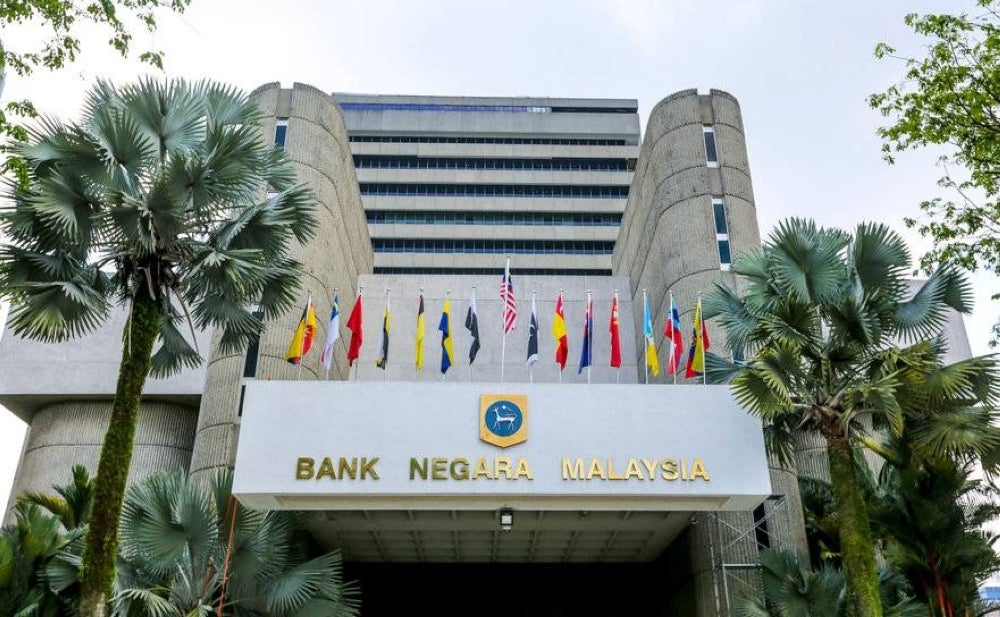Malaysia should urgently reform its social protection system, says governor

KUALA LUMPUR - Malaysia should urgently reform its social protection system to ensure the people would not face serious financial hardship in the future, said Bank Negara Malaysia (BNM) Governor Tan Sri Nor Shamsiah Mohd Yunus.
The governor made such a call after the recent Employees Provident Fund (EPF) data showed that around 6.1 million EPF members have less than RM10,000 retirement savings in their accounts.
Among them, 3.6 million have less than RM1,000.
"The pandemic has been a reminder to us again, that we must urgently reform our social protection system.
"It will not be easy, nor can this happen overnight, but it needs to start now,” she told a virtual press conference in conjunction with the publication of BNM’s annual reports today.
Nor Shamsiah said this when asked to comment on the government’s nod for a special EPF withdrawal of RM10,000 recently.
She added that now that the economy is showing signs of recovery, the people should slowly start to rebuild their financial buffers.
Meanwhile, Deputy Governor Jessica Chew said while the central bank recognised the withdrawals would help many who are struggling to get back on their feet from the pandemic and the recent floods, the numbers from the EPF data "are really worrying”.
She said it was imperative to have a policy that could have a proportionate response to the situation that the country is currently in.
"Measures like this (EPF withdrawal) should be used sparingly... very sparingly, and only in the most extreme of situations,” she said.
Meanwhile, the governor said the current household debt-to-gross domestic product (GDP) ratio stands at 89 per cent, higher than its regional peers like Singapore (69.7 per cent), Indonesia (17.2 per cent) and the Philippines (9.9 per cent).
"We are carefully monitoring the high debt levels,” she said.
The governor, however, believed that the improvements in the layout market and targeted assistance would further support the debt servicing capacity.














